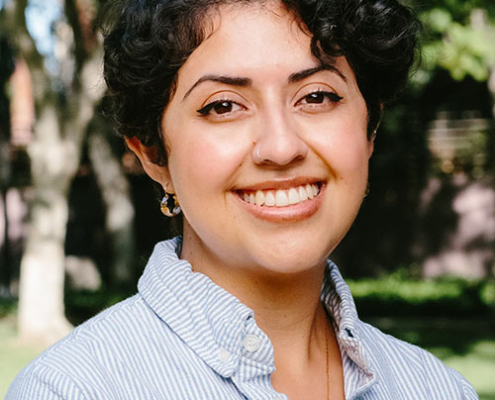Posts

LPPI Staff Bring Insights and Accountability to Policymaking
New UCLA LPPI Staff Bring Insights and Accountability to Policymaking…

UCLA Researchers Use Big Data Expertise to Create a News Media Resource on the COVID-19 Crisis
In the Department of Communication at UCLA, the Co-Mind Lab has…

